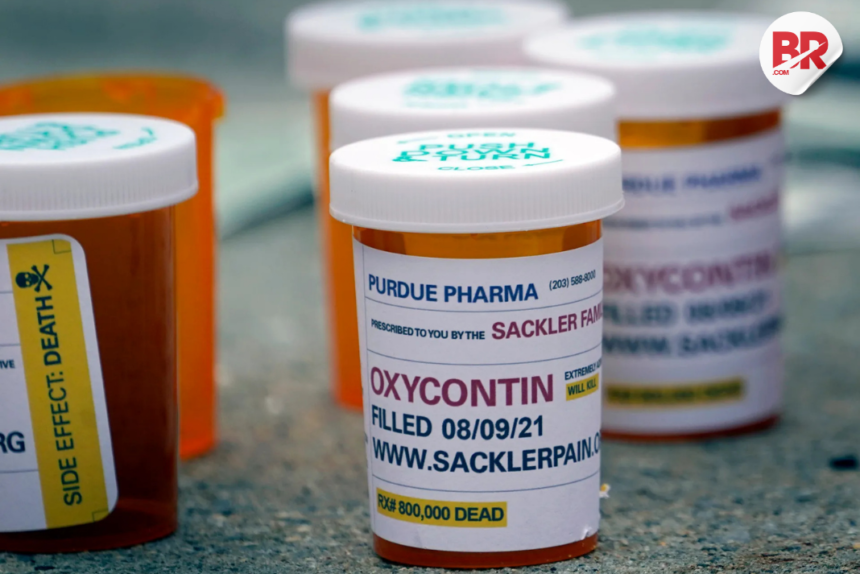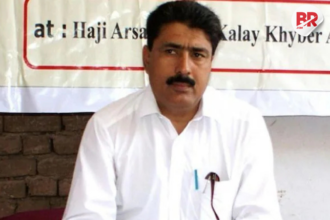
For the first time, victims of the opioid crisis might get to vote on a proposed deal with Purdue Pharma, the company behind OxyContin. A federal judge is reviewing whether to allow individuals—alongside states, hospitals, and local governments—to decide the fate of a massive new $7 billion settlement.
All 50 U.S. states are now on board with the plan, marking rare consensus in a decade-long legal war. The deal includes payments from the Sackler family, who once ran Purdue Pharma and made billions off OxyContin sales. If approved, the plan would be one of the largest in the ongoing opioid litigation wave.

What’s New This Time?
This settlement isn’t just more money—it’s more personal. While past opioid settlements sent billions to states and municipalities, this one stands out: over $850 million could go directly to individual victims and their families.
Victims would vote by September 30. A final court hearing is set for November 10, when U.S. Bankruptcy Judge Sean Lane will decide whether to approve the full plan.
Unlike the earlier version—rejected by the U.S. Supreme Court last year—this one doesn’t give blanket legal protection to the Sacklers. If some victims choose not to opt in, they can still sue the family.
The opioid crisis exploded after OxyContin hit the market in 1996. In the early 2000s, prescription pills like OxyContin were the top killers. Later, heroin and illegal fentanyl took over. At its worst, opioid deaths exceeded 80,000 a year.
The Sacklers have stepped away from Purdue. They quit the board and haven’t taken money since the 2019 bankruptcy. Under this deal, they’d give up all ownership. Purdue Pharma would get a new name, and future profits would go toward fighting addiction.
Why This Matters
The proposed plan could finally give victims what they’ve long been denied: a seat at the table. And it could send real cash into the hands of those who’ve lost the most.
States and cities will still receive most of the money to fund addiction treatment, recovery, and prevention programs. But direct payments to individuals? That’s a major shift in how justice is delivered.
What’s Next?
If the judge approves the vote, it’ll be a national moment. People harmed by opioids will get the chance to decide whether this deal works for them—not just lawyers or state officials.
The opioid crisis may not be over. But this vote could be the start of real accountability.












